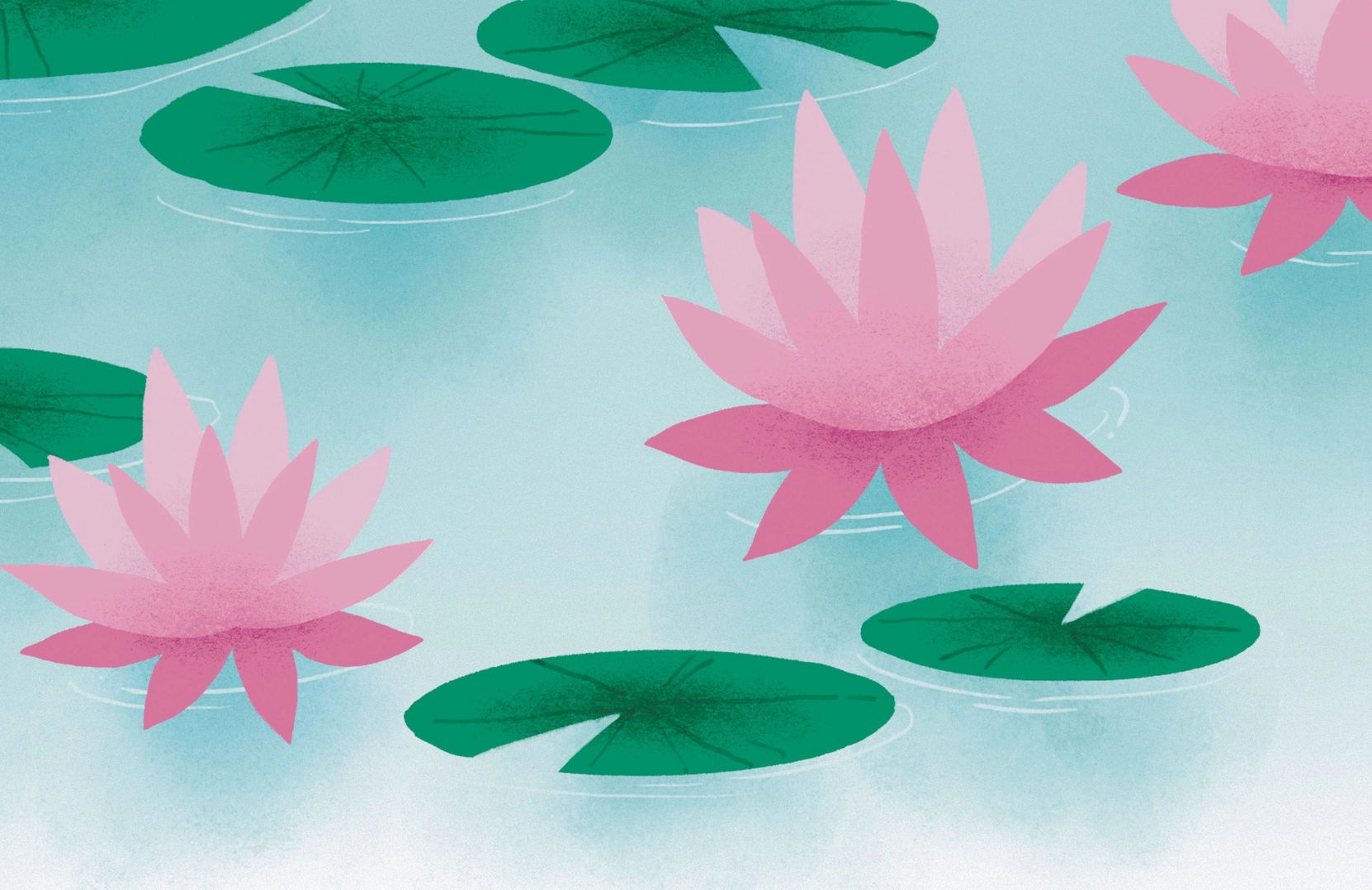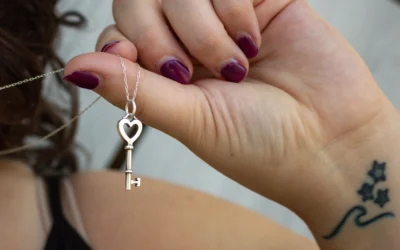The phenomenon of reinventing oneself
Have you ever felt that urge to dye your hair, change your look, and move cities after experiencing heartbreak from that one person who was just supposed to be a summer fling Tinder date back in 2020? Too specific? Let me start again.
New beginnings —like life after a breakup, the first day at a new job, or starting post-secondary — are those sweet and nerve-wracking fresh starts that present an opportunity to revamp oneself. Whether that be a ballsy hairstyle change or deciding to be more studious than you were in high school, fresh starts are an alluring proposition to anyone looking to remake themselves. Is it that new beginnings correlate directly with an innate desire to evolve, or are we aimlessly moving with the fast-paced capitalistic culture that tells us we must constantly change?
I took the question to Instagram and asked my followers what reinvention and rebranding means for them. For some, self-renewal means approaching the world differently. A new perspective, a new image, a new energy. For others, it means pivoting to a new direction and approaching their craft with a new perspective. When asked how they approach new beginnings, many people recommended having no expectations and accepting the changes, and others suggested moving to a different province.
Self-renewal is a universal concept, but strategies on how to achieve it are subjective. What drives this need for self-improvement, especially when one sits at the cusp of an intense life transition? I discussed this phenomenon with Sean Rogers, a registered psychologist and associate psychology professor at MacEwan University.
“People feel the need to reinvent themselves often because they’re unhappy with some aspect of themselves or their life…in new beginnings, we have a tendency to see that as an opportunity to make larger changes, even if the change never comes to fruition.”
Sean Rogers, registered psychologist, counselor, and associate professor of psychology at MacEwan University
The self and the persona
“People feel the need to reinvent themselves often because they’re unhappy with some aspect of themselves or their life,” Rogers explains, “In new beginnings, we have a tendency to see that as an opportunity to make larger changes, even if the change never comes to fruition.”
New beginnings offer a new opportunity to be something different. That’s why your local gym is so full of keeners in January.
For many first years, entering university is like going to a place where nobody knows your past, your high school reputation, your friend group, or the type of music you like. It’s tempting to shed your old self, morph into a new person, and start fresh. The new self we wish to present to others is what Rogers and other psychologists refer to as the “persona”.
“Your persona for everyone can vary,” he says. “We have these masks that we put on, and it’s the ‘me’ that I want to show to the person in front of me.” We have multiple personas. The studious mask we put on for school, the professional mask we put on for work, and the hilarious and unhinged mask we put on for our closest friends. We consciously switch between these different “faces” as we go about our lives.
The ideal self — or what Rogers calls the authentic self — is the version of oneself who acknowledges their values and practices integrity by acting according to those values. The persona masks the true self, so altering it would only lead to temporary and superficial changes. A more profound and permanent self-reinvention would start with changing the authentic self.
Rogers uses a counseling approach called existential humanism. According to Rogers, the ideology behind this approach is that we generate our own reality. We have beliefs, and everything that we experience is filtered by those beliefs. This might explain why we sometimes feel stuck in a rut. It leaves little room to change if we believe we are meant to stick to doing or being certain things.
For example, if the language I use about myself is: I’m Aajah, and I am a journalist, a dancer, and a martial artist, then I am making the things I do as my identity. Rogers suggests that we alter our language and stray from the “I do, therefore I am” mindset. Keeping this in mind, my language about myself can now shift to: I’m Aajah, and I practice journalism, I dance, and I practice martial arts; but, at the core, I’m just Aajah.
“The more we begin to see them as things we do, the greater our ability to change them,” says Rogers. This shift in language separates the person from the profession or activities that they enjoy, allowing the personal freedom to change careers and swap one hobby for another without feeling like you’re losing yourself.
Figure out what is important to you
When embarking on healthy self-reinvention, you must make changes that align with your morals and goals.
“It depends on how you reinvent yourself. It’s about examining your values,” says Rogers. “When we’re dissatisfied with something we’re doing, it’s because it doesn’t fit with our values.”
So, if you value meaningful connection and want to meet and be in a relationship with someone, hookup culture might not be your vibe. You would only demean yourself by attempting to change in a way that doesn’t sit right with your values.
“As we live more in line with what we value, we feel better about ourselves, and that gives us greater confidence which makes it easier to make other changes,” states Rogers.
Finding community
Nurture who you are at the core by exploring options and letting yourself ease into an environment where you’re accepted by a community who accepts who you are and that feels like home to you. This approach helps you figure out parts of yourself so that by the time you graduate from university, you’ll hopefully understand yourself better than you did entering as a first-year student.
“Come into the situation with an open mind [and] look for opportunities to engage in things you might enjoy rather than feeling you need to change yourself to be certain,” Rogers says.
Rogers encourages first-year students to immerse themselves in campus activities and join student groups to better understand who they are as university students.
“Try going to five or six university clubs and pick one [you] will stick with. Or maybe, based on that experience, you decide you’re not a club-joining person and look for something else. University offers many new opportunities, so take advantage of them.”
One step at a time
If you choose to enter this new semester as your new and improved self, don’t bite off more than you can chew. After assessing your goals and values and how these changes align, break down what you would like to change about yourself into tiny chunks and tackle them one at a time.
Rogers compares the process of reinventing oneself to the activity of herding sheep rather than hand-molding the self. Change one thing, monitor how you feel about it, and once you feel okay to do it, change another thing.
“The more significant the change is, the more energy it takes for us to engage in it,” Rogers explains. “As a first-year student, you’ve got a lot of energy wrapped up into figuring out how to be a student.”
Love and accept yourself. It’s easy to get caught up in the fantasy of your future ideal self, but your current self deserves just as much nurturing and care, even if you’re not yet where you want to be. “If I’m accepting of myself as I am, it’s easier to make little changes to it because I’m not hanging on to this hope of ‘bliss’ on the change I make,” says Rogers.
You’re allowed to want to change; it just means you don’t have to wait until this new and improved you is actualized to realize you’re already pretty darn cool.





0 Comments